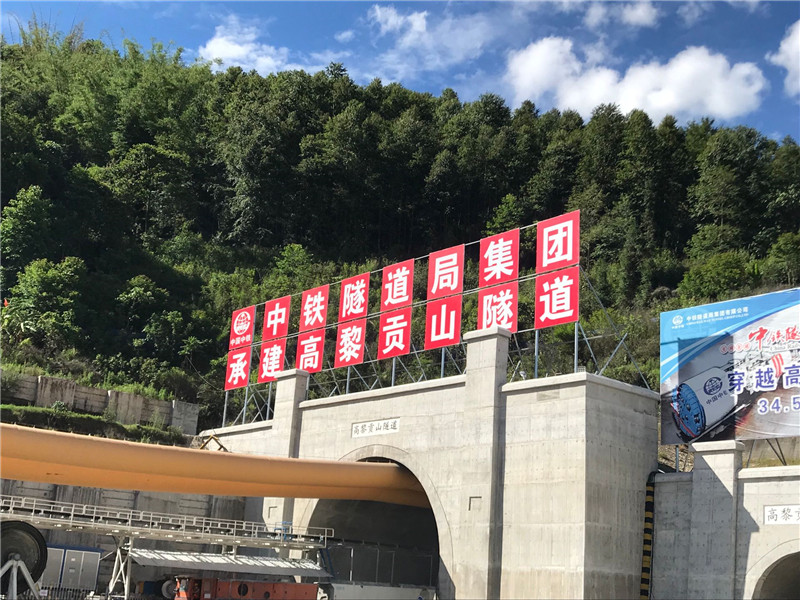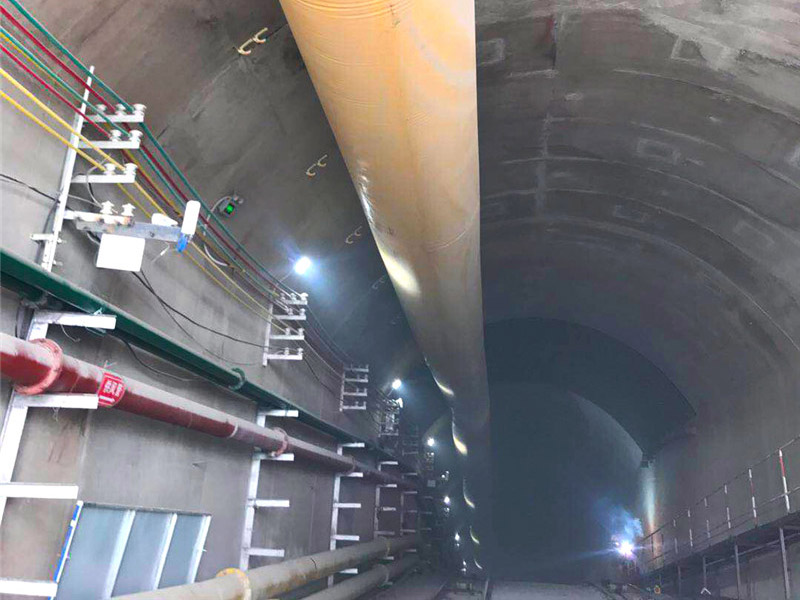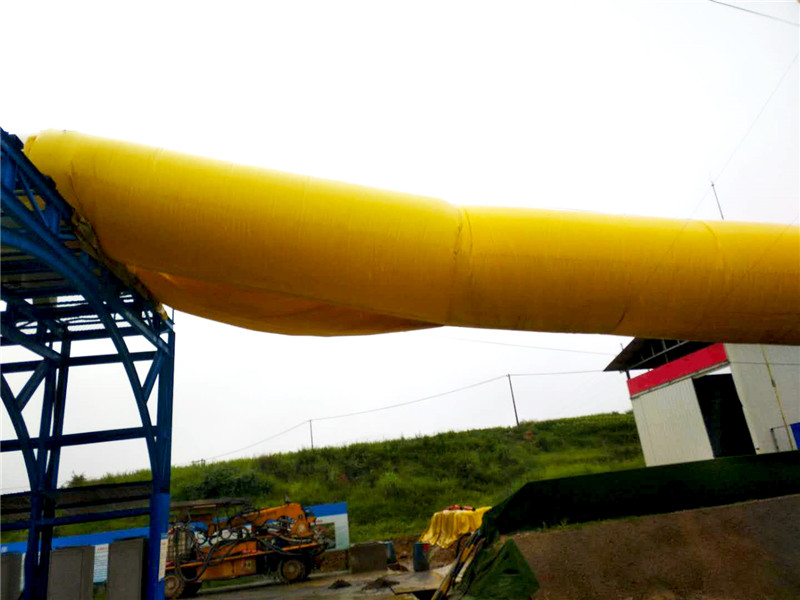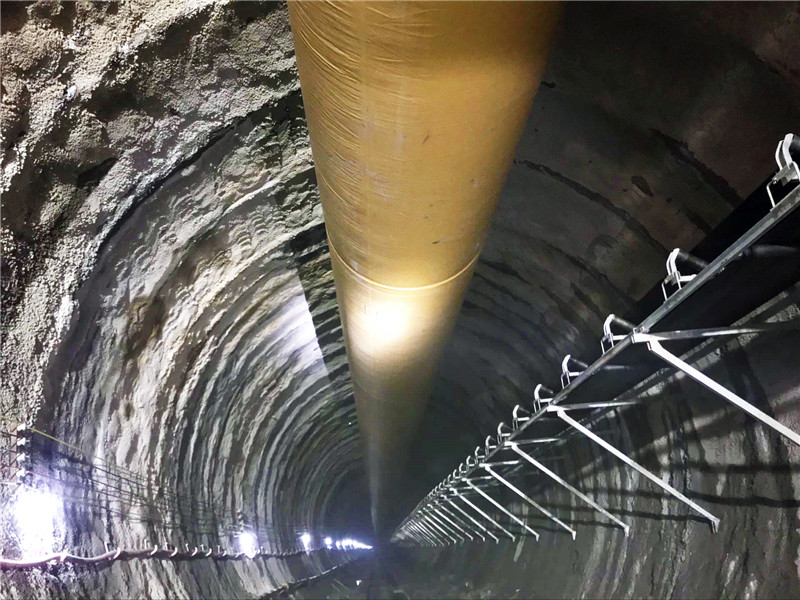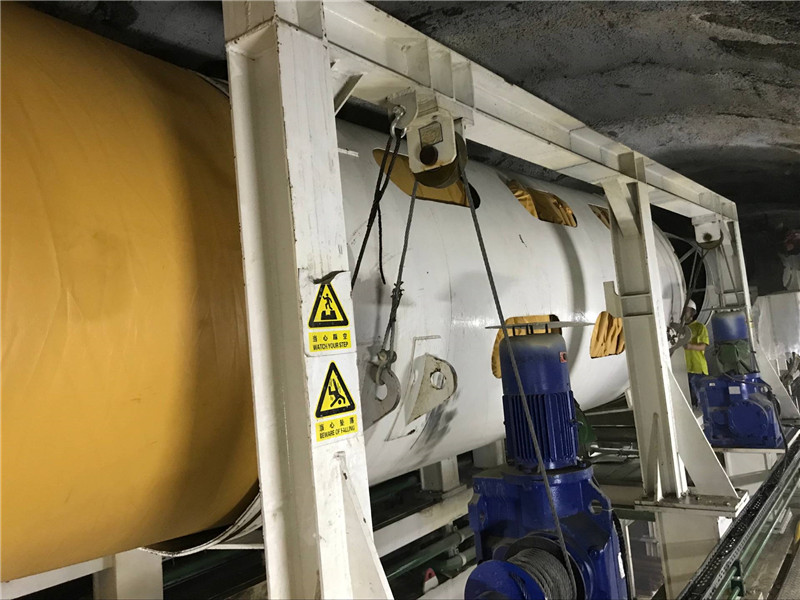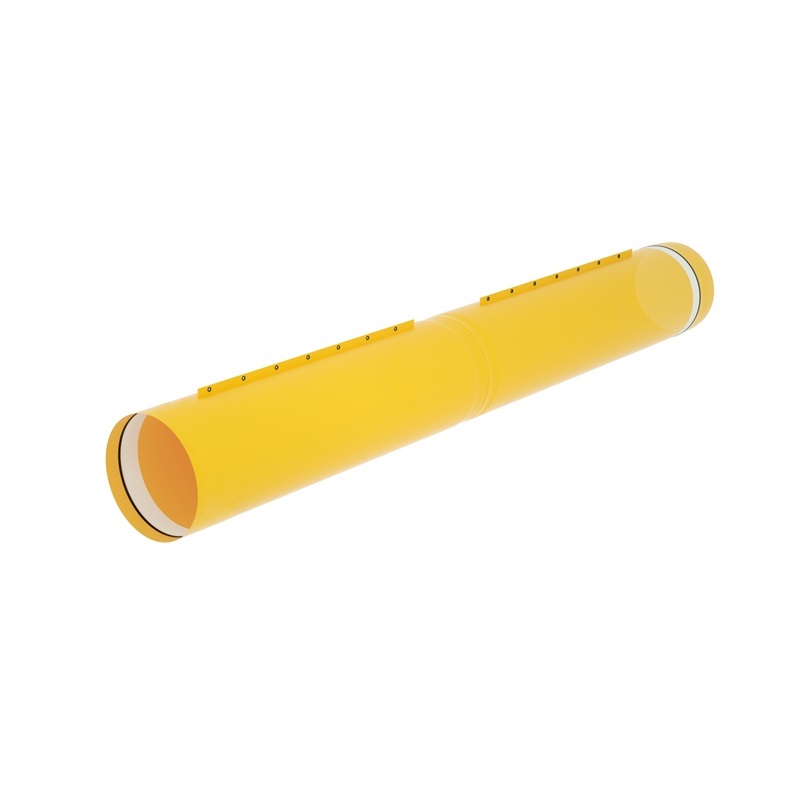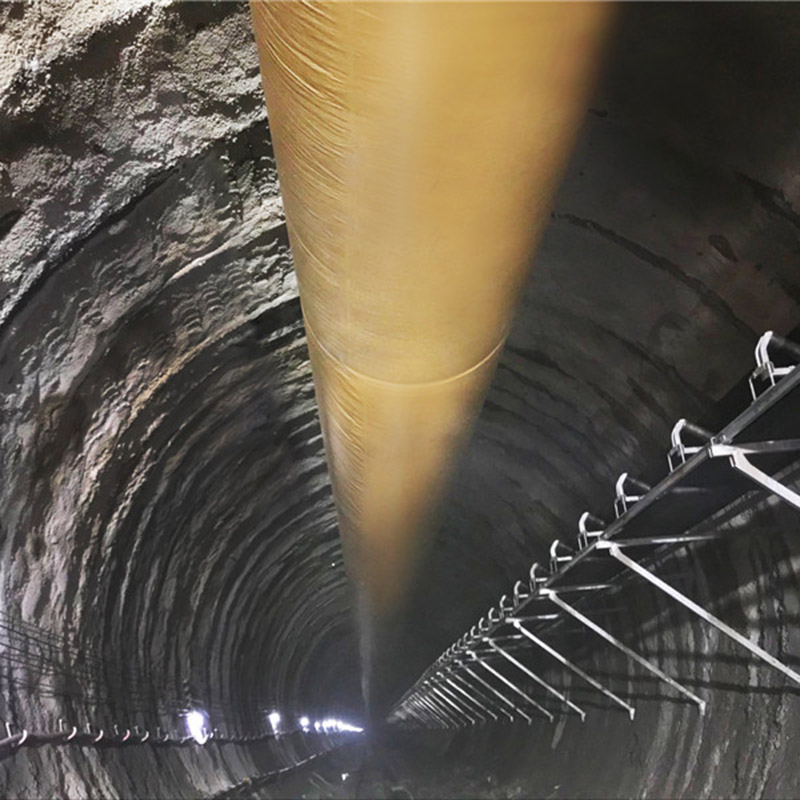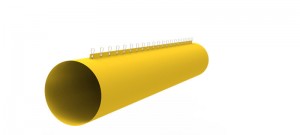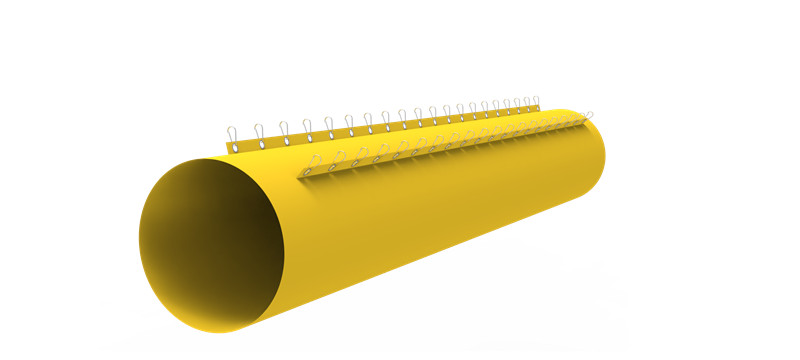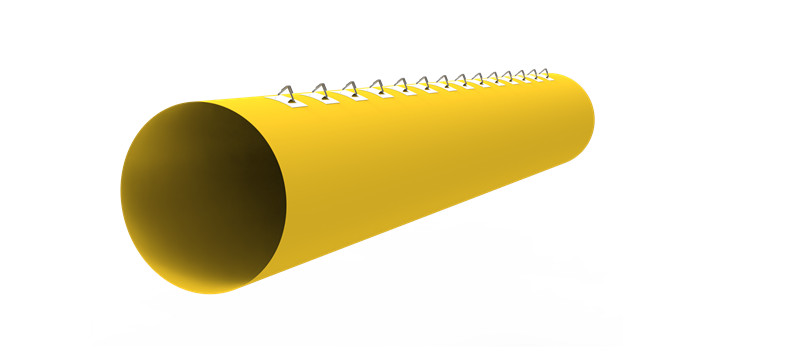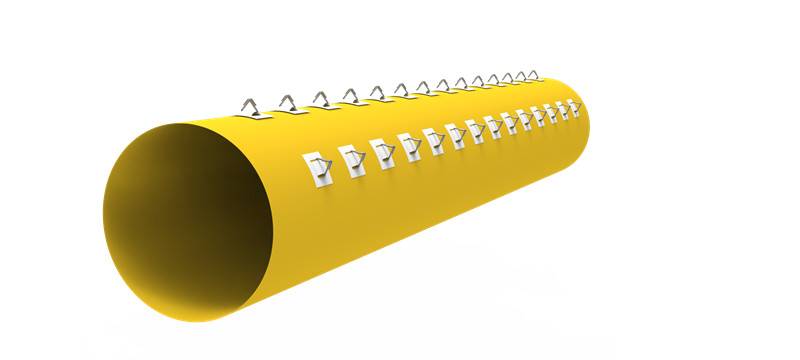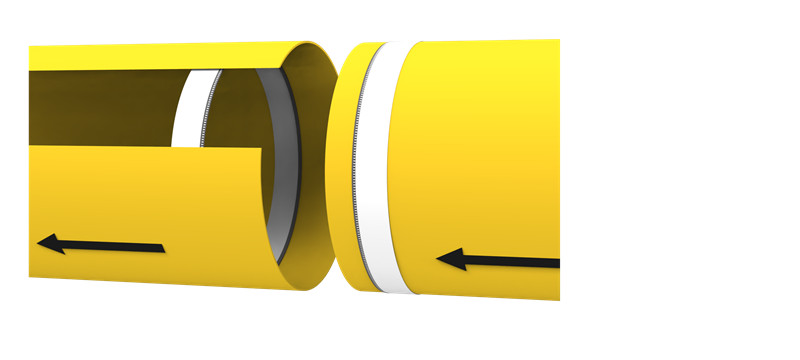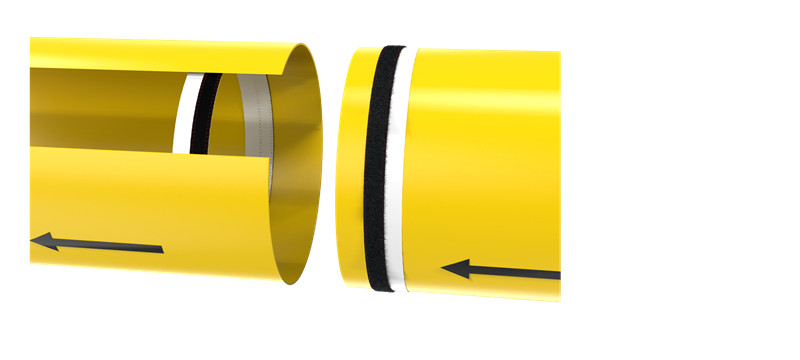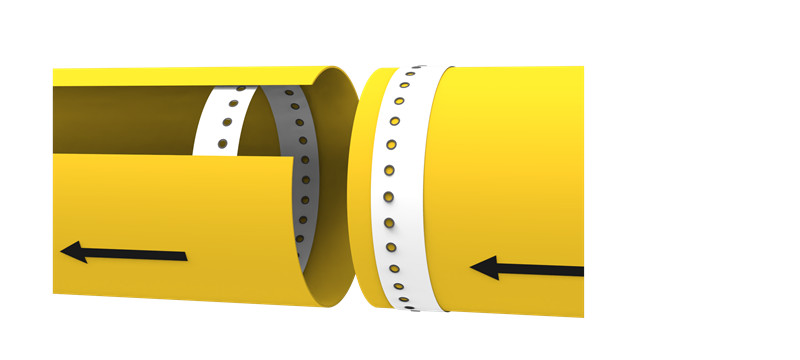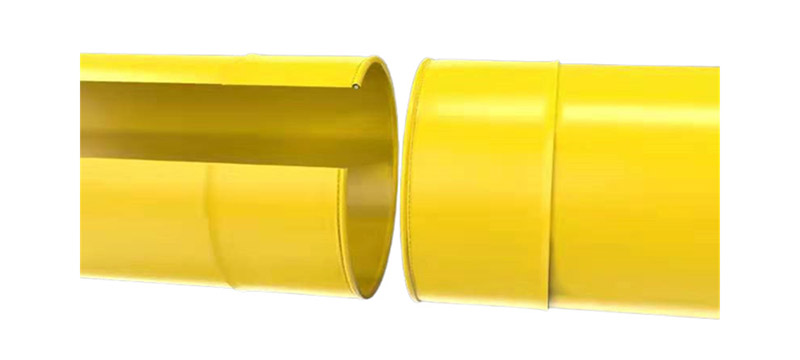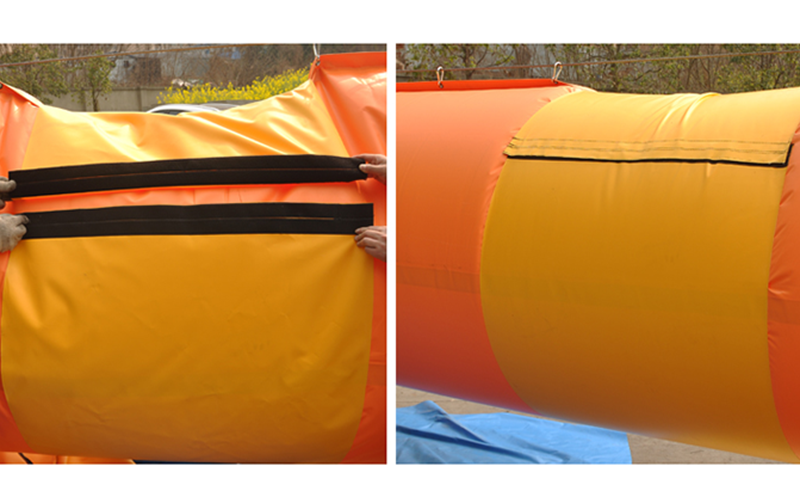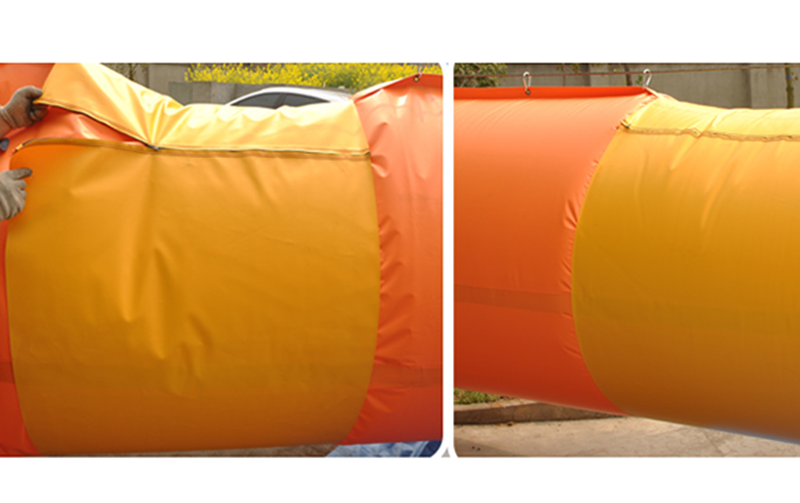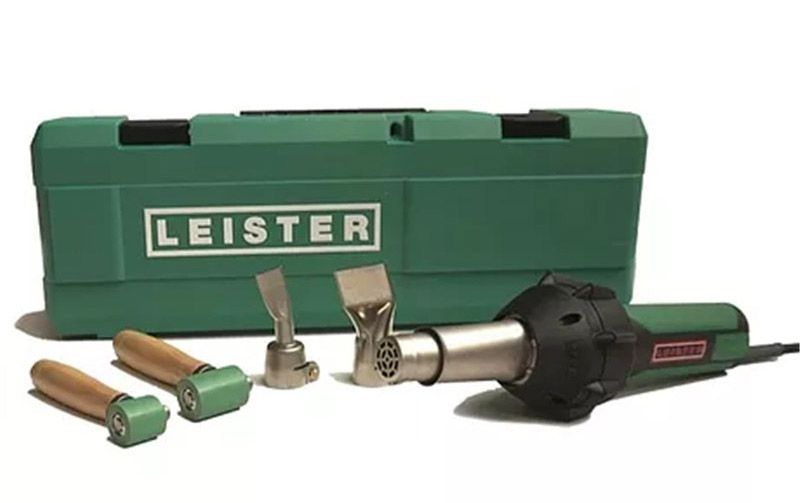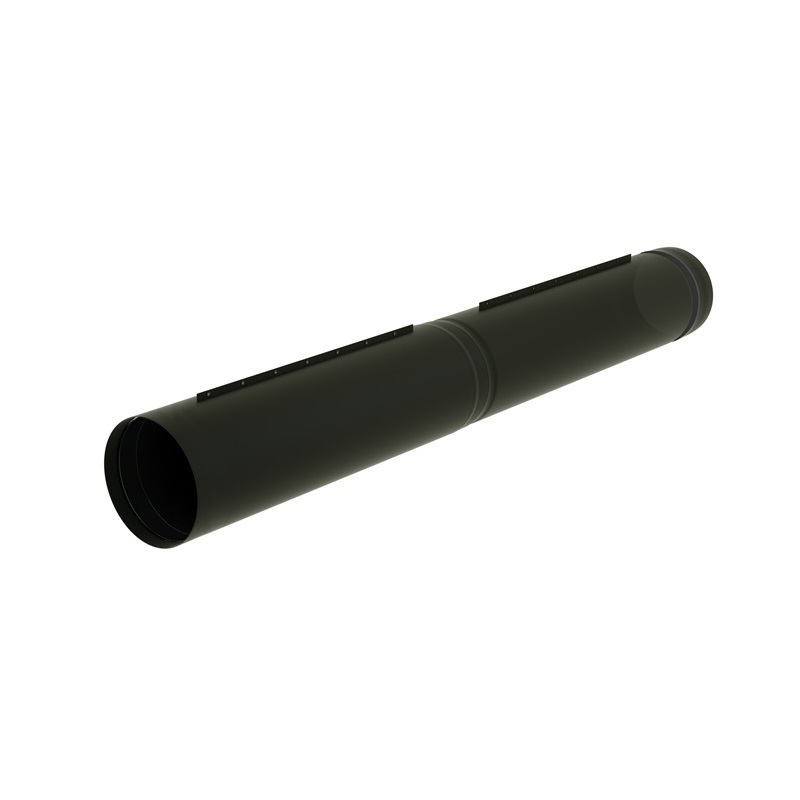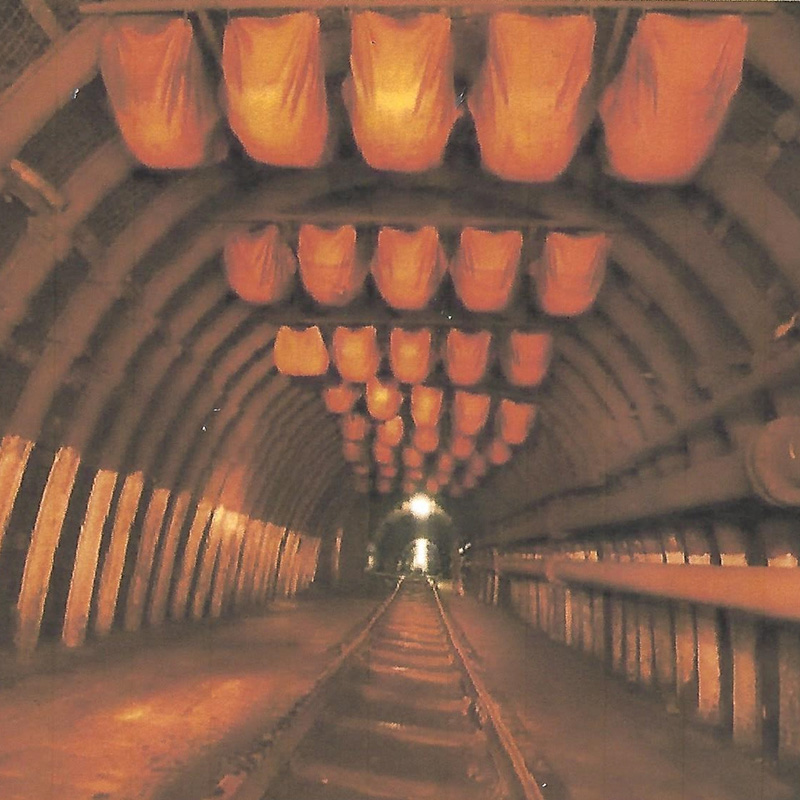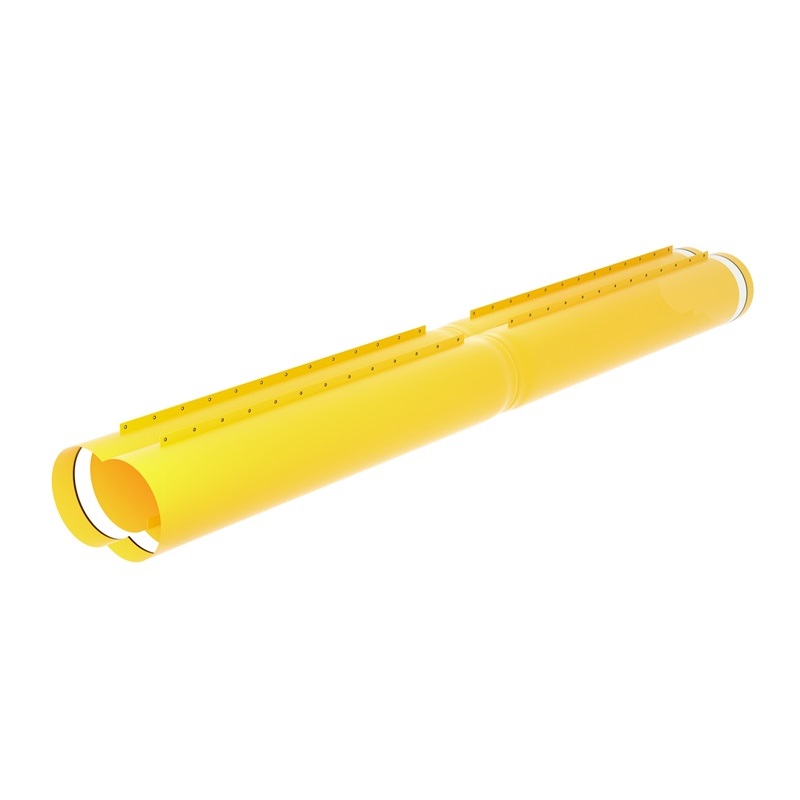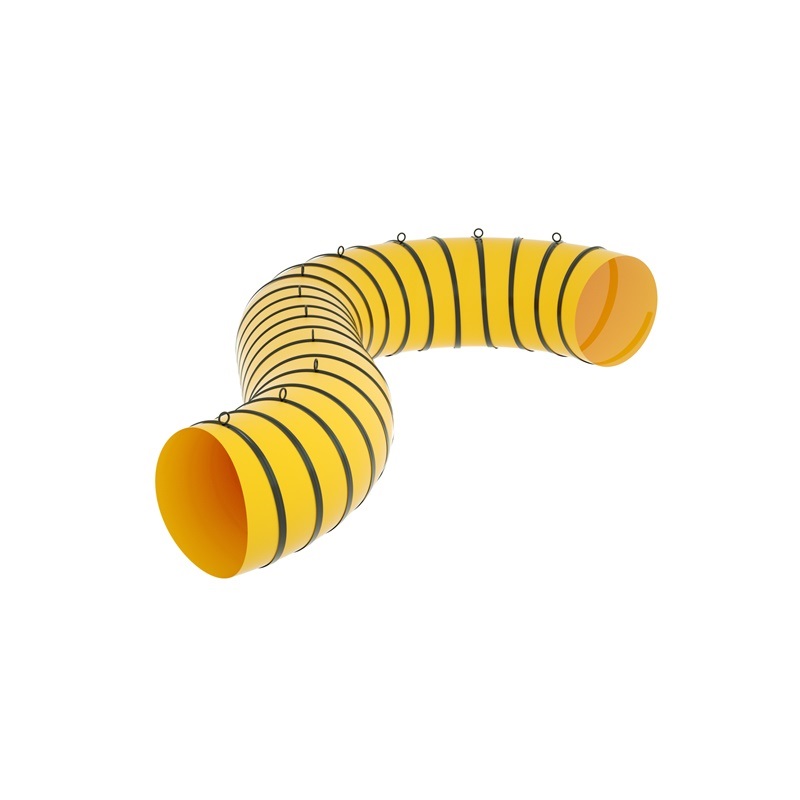JULI® Layflat Ventilation Ducting
JULI® Layflat Ventilation Ducting
Product Information
Foresight conducts independent research and development of high-quality PVC flexible ventilation duct membrane compositions that can be tailored to season, application, and performance to provide product quality stability, cost-effectiveness, extended service life, and environmental adaptability.
The JULI® tunnel ventilation duct complies with DIN4102 B1, NFPA701, EN13501, MSHA, and DIN75200, and all of these standards come with an SGS test result for fire resistance. A high flame retardant can assist limit the toxic and harmful gases that can affect the human body when there is a fire.
The automatic production line that Foresight created on its own can produce duct sections with lengths of 100m, 200m, and 300m. It has the ability to weld the duct body, fold, and weld the suspension fin/patch. This increases production efficiency and reduces air leakage from the tunnel ventilation duct.
Product Parameter
| JULI® Layflat Ventilation Ducting Technical Specification | ||
| Item | Unit | Value |
| Diameter | mm | 300-3000 |
| Section length | m | 5, 10, 20, 30, 50, 100, 200, 300 |
| Color | - | Yellow, Orange, Black |
| Suspension | - | Diameter<1800mm, single suspension fin/patch |
| Diameter≥1800mm, double suspension fins/patches | ||
| Sealing face sleeve | mm | 150-400 |
| Grommet spacing | mm | 750 |
| Coupling | - | Zipper/Velcro/Steel ring/Eyelet |
| Fire resistance | - | DIN4102 B1/EN13501/NFPA701/DIN75200/MSHA |
| Antistatic | Ω | ≤3 x 108 |
| Packing | - | Pallet |
| The above values are averages for reference, allowing 10% tolerance. Customization is acceptable for all given values. | ||
Product Feature
◈ Layflat ventilation ducts are suited for positive pressure situations.
◈ All ducting and fittings are available in spiral and oval configurations.
◈ Airtight seams and grommets are soldered for minimal friction loss.
◈ Woven or knitted fabric with a PVC coating on both sides.
◈ The resistance to flames conforms to the standards DIN4102 B1/EN13501/NFPA701/MSHA/DIN75200.
◈ Diameters ranging from 300mm to 3000mm can be customized.
◈ Standard lengths of 10m, 20m, 50m. 100m is developed specifically for TBM. Section lengths can reach 200m, 300m, or even longer, and lifetimes can range from 5 to 10 years.
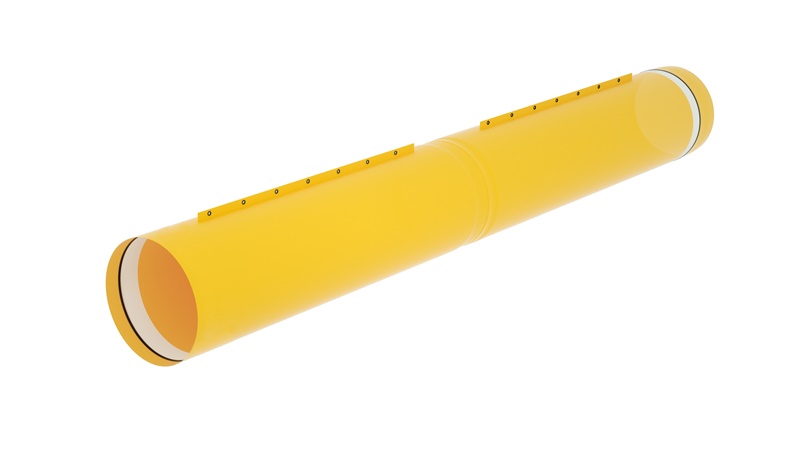
Product Advantage
Over 15 years of experience in the production of PVC flexible air ventilation ducts and fabric, a strong scientific research team, over ten engineering and technical staff with professional college degrees, over 30 high-speed rapier looms, three composite production lines with an annual output of more than 10,000 tons of calendered membranes, and three automatic ducting welding production lines with an annual output of more than 15 million square meters of fabric, provide long-term support and services for fans' company and large projects at home and abroad.
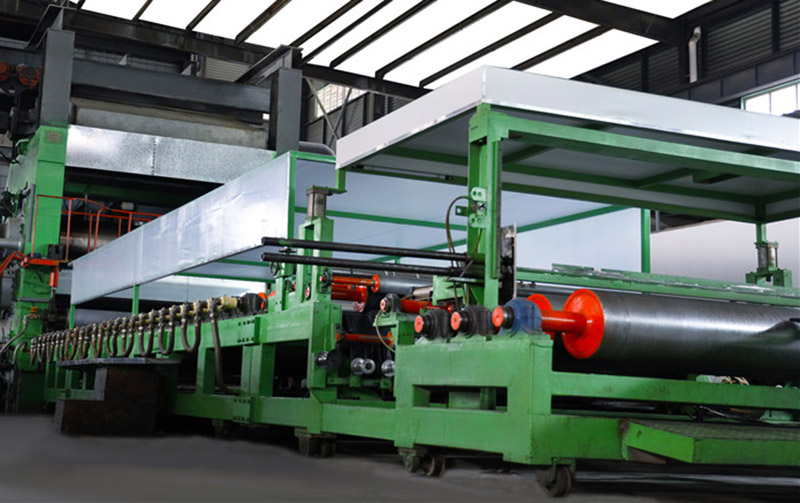

The welding seam is even and stable with the automated welding suspension fin/patch, fabric joining, and duct body, reducing the effect of human factors on welding stability. Welding efficiency is increased by 2-3 times over that of a traditional welding equipment, and lead time is lowered.
The automated machine mechanically buckles the eyelets to keep them from sliding off.


The layflat tunnel ventilation duct's basic connections are zippers and Velcro. The additional fabric on which the zipper or Velcro is sewed is welded to the flexible duct body to guarantee that there are no sewing needle eyes throughout the ducting, preventing air leakage. The zipper or Velcro is protected by the large sealing face, preventing it from bursting.
Flexible repair methods: Glue, zipper repair band, Velcro repair band, and portable hot air gun
A monthly output of 20,000 flexible ventilation tubes from several automated ducting welding manufacturing lines ensures an assured batch order lead time.
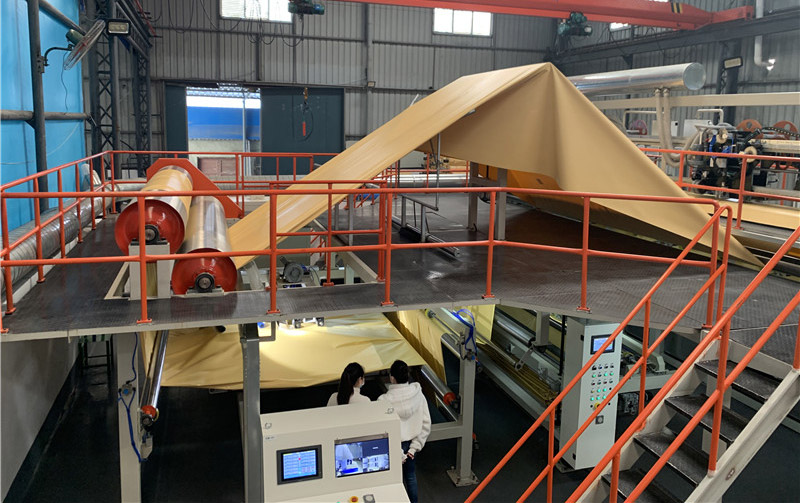

In an effort to reduce shipping expenses, pallet packing will be created based on the size of the container and the amount of orders.
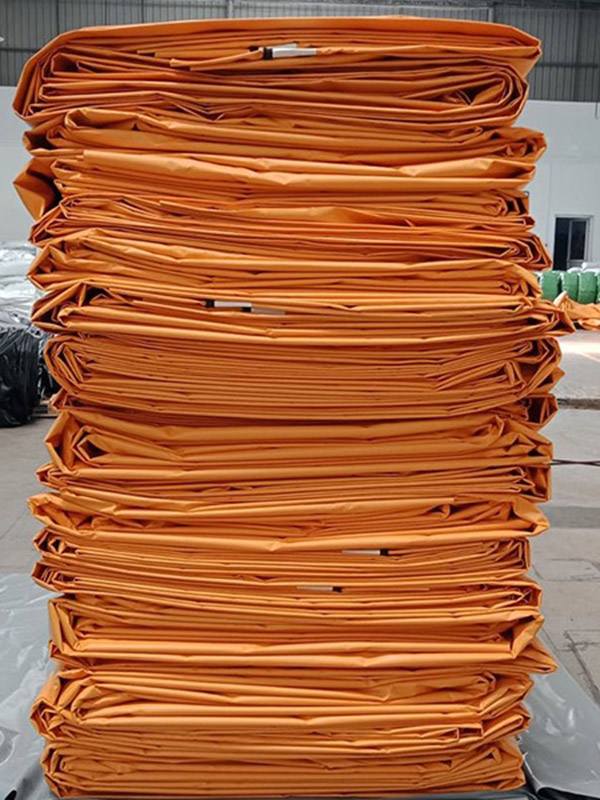
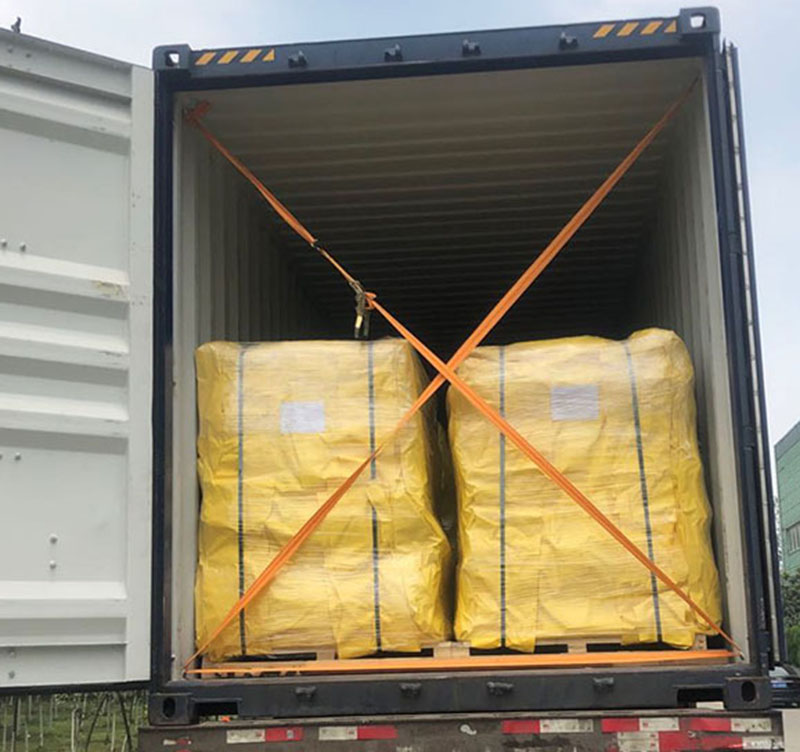
Foresight is dedicated to the research, design, and development of underground ventilation safety as one of the Chinese standard drafters for flexible ventilation ducting, always taking responsibility for improving the quality of the flexible ventilation tube, extending the service life, reducing the frequency of replacement, and lowering the energy consumption of ventilation equipment, as well as continuously optimizing the unit tunneling cost to improve the product's performance.

Application
